All Stories
-
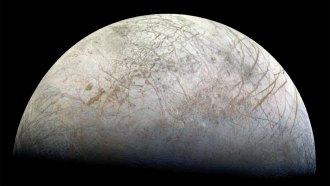 Planetary Science
Planetary ScienceNASA’s Europa mission is a homecoming for one planetary astronomer
Over her long career, Bonnie Buratti has seen the search for life in the solar system go from a joke to a flagship mission.
-
 Animals
AnimalsAt-home experiments shed light on cats’ liquid behavior
Cats can flow like liquids through tall crevices, but they solidify a bit as they approach short crannies, new research shows.
-
 Neuroscience
NeuroscienceYour brain can perceive subtle odor changes in a single sniff
The speed at which our brain can tell smells apart is on par with color perception, a new sniff device shows.
-
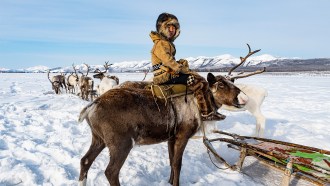 Psychology
PsychologyNavigation research often excludes the environment. That’s starting to change
Participants “navigating” on a lab computer have shaped navigation knowledge. Studies that add in the environment challenge those findings.
By Sujata Gupta -
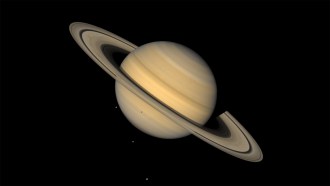 Planetary Science
Planetary ScienceSaturn’s first Trojan asteroid has finally been discovered
Saturn joins the sun’s other giant planets that have Trojans, space rocks that orbit along the same path.
By Ken Croswell -
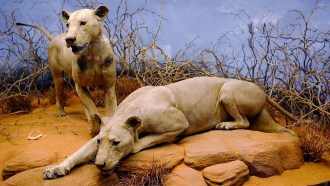 Animals
AnimalsDNA from old hair helps confirm the macabre diet of two 19th century lions
Genetic analysis of cavity crud from two famed man-eating lions suggests the method could re-create diets of predators that lived thousands of years ago.
By Jake Buehler -
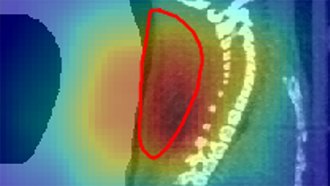 Physics
PhysicsRadioactive beams give a real-time view of cancer treatment in mice
This first successful treatment of tumors with radioactive ion beams could one day lead to treating human patients’ tumors with millimeter precision.
-
 Neuroscience
NeuroscienceHair pulling prompts one of the fastest known pain signals
The ouch of hair pulling is transmitted with the help of a protein used to sense light touches. These details could lead to new treatments.
-
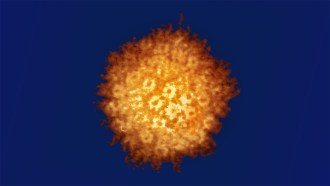 Health & Medicine
Health & MedicineA viral gene drive could offer a new approach to fighting herpes
A new gene drive can copy and paste itself into the genomes of herpes simplex viruses in mice. The end goal is a version that disables the virus in humans.
By Meghan Rosen -
 Science & Society
Science & SocietyThere’s a new term for attempting to own the wind: ventography
Nations established territorial claims underground to access oil and gas. Now they are expanding those claims upward to snag the wind.
By Sujata Gupta -
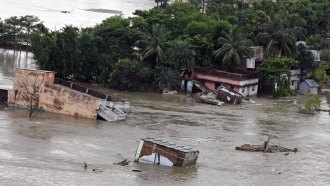 Earth
EarthWhat leads rivers to suddenly change course?
An analysis of satellite data could help predict where rivers will change their course and where their rerouted flows will go.
By Nikk Ogasa -
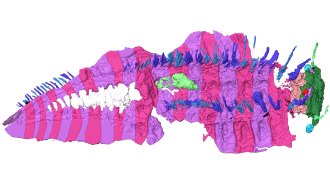 Paleontology
PaleontologyThe largest arthropod to ever live finally has a head
Fossils of an extinct giant millipede reveal new details about the arthropod’s anatomy.
By Jason Bittel